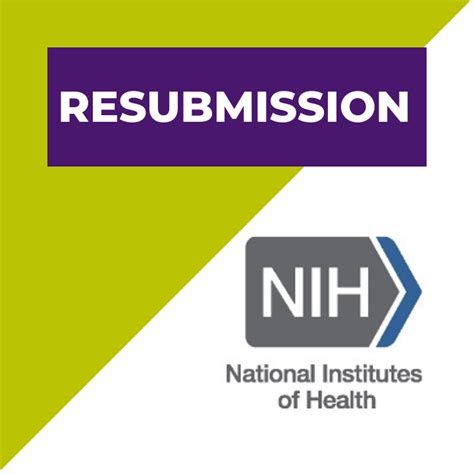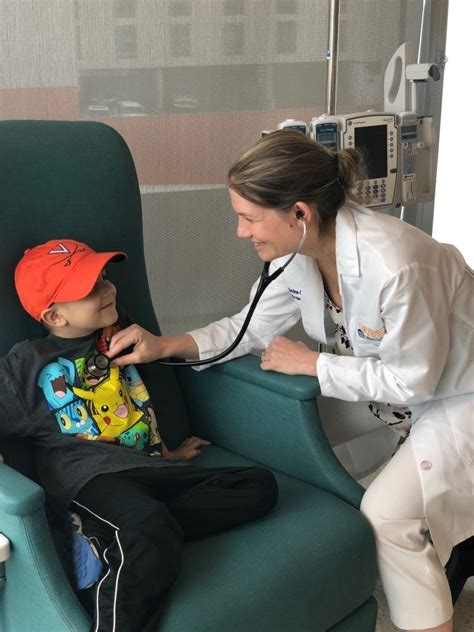Doctor Skills: Enhance Medical Practice

In the ever-evolving field of medicine, possessing exceptional doctor skills is crucial for healthcare professionals to deliver high-quality patient care and enhance their medical practice. These skills encompass a broad range of competencies, from effective communication and empathy to technical knowledge and problem-solving abilities. As the healthcare landscape continues to shift, with advancements in technology and changes in patient expectations, the importance of these skills cannot be overstated.
Foundational Skills for Medical Professionals

A strong foundation in medical knowledge is essential for any healthcare professional. This includes a deep understanding of human anatomy, physiology, pharmacology, and pathology, as well as the ability to apply this knowledge in clinical settings. Continuing medical education is vital for staying updated with the latest research, guidelines, and technologies in the field. Moreover, clinical judgment, which involves the ability to assess patients’ conditions, diagnose problems, and develop appropriate treatment plans, is a critical skill that medical professionals must hone.
Communication and Interpersonal Skills
Effective communication is at the heart of successful doctor-patient relationships. Healthcare professionals must be able to listen actively, understand patients’ concerns, and communicate complex medical information in a clear and compassionate manner. Empathy and emotional intelligence are also essential, allowing doctors to provide care that is not only technically sound but also sensitive to the emotional and psychological needs of their patients. Furthermore, the ability to work collaboratively with other healthcare professionals, such as nurses, therapists, and specialists, is critical for delivering comprehensive and coordinated care.
| Doctor Skill | Importance in Practice |
|---|---|
| Medical Knowledge | High |
| Communication Skills | High |
| Clinical Judgment | Critical |
| Empathy and Emotional Intelligence | Essential |
| Teamwork and Collaboration | Vital |

Advanced Skills for Enhanced Practice

Beyond the foundational skills, there are several advanced competencies that can significantly enhance a medical practice. These include leadership skills, which enable healthcare professionals to guide teams, manage resources effectively, and contribute to healthcare policy and reform. Data analysis and interpretation are also becoming increasingly important, as healthcare professionals need to be able to understand and apply evidence-based medicine to improve patient outcomes. Furthermore, skills in health information technology, such as electronic health records (EHRs) and telemedicine platforms, are essential for modern medical practice, enhancing efficiency, accessibility, and the quality of care.
Technological and Analytical Skills
The integration of technology into healthcare has opened up new avenues for patient care, research, and education. Proficiency in digital health technologies can improve patient engagement, enhance the accuracy of diagnoses, and streamline clinical workflows. Additionally, the ability to analyze and interpret health data is crucial for identifying trends, predicting outcomes, and making informed decisions about patient care and public health policies. As the field of medicine becomes more data-driven, healthcare professionals who can navigate and apply these technologies will be better equipped to provide high-quality, personalized care.
- Adaptability and Flexibility: The ability to adapt to new technologies, treatment protocols, and changing patient needs.
- Critical Thinking and Problem-Solving: Skills that enable healthcare professionals to evaluate complex situations, identify problems, and develop effective solutions.
- Cultural Competence: Understanding and respecting the cultural differences and values of patients to provide care that is tailored to their unique needs.
Conclusion and Future Directions
In conclusion, the skills required of medical professionals are multifaceted and dynamic, reflecting the complexity and evolving nature of healthcare. By focusing on the development of foundational, interpersonal, and advanced skills, healthcare professionals can enhance their practice, improve patient care, and contribute to the advancement of the medical field. As we look to the future, it is clear that the ability to adapt, innovate, and lead will be essential for navigating the challenges and opportunities that lie ahead.
What are the most critical skills for healthcare professionals to possess?
+The most critical skills include strong medical knowledge, effective communication and interpersonal skills, clinical judgment, empathy, and the ability to work well in teams.
How can healthcare professionals stay updated with the latest advancements in medicine?
+Healthcare professionals can stay updated through continuing medical education, attending conferences and workshops, participating in online forums and webinars, and reading peer-reviewed journals and medical literature.
What role does technology play in enhancing medical practice?
+Technology plays a significant role in enhancing medical practice by improving patient engagement, streamlining clinical workflows, facilitating access to medical information, and enabling the use of advanced diagnostic and therapeutic tools.

